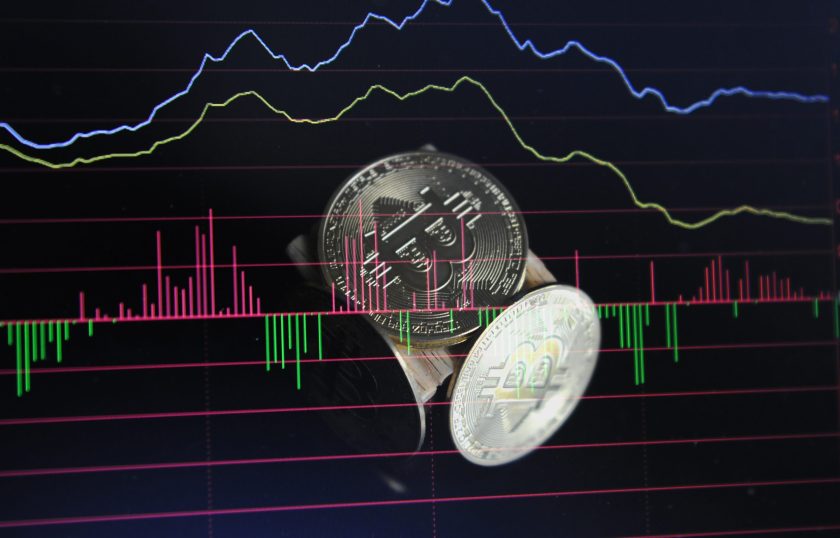
A new report by JPMorgan warns of a looming price correction for the world’s top cryptocurrency. CFOTO/Future Publishing/Getty Images
Bitcoin’s price—above $63,000 on Thursday—has reached heights not seen in two years, but the coin’s upcoming halving event could push prices down to $42,000, according to analysts at JPMorgan.
“The Bitcoin production cost has empirically acted as a lower bound for Bitcoin prices,” the analysts wrote in a report released Wednesday, estimating that post-halving production costs could double to about $53,000. This could cause a 20% decline in the Bitcoin network’s hashrate, meaning fewer miners would be competing to produce Bitcoins simultaneously.
“This $42,000 estimate is also the level we envisage Bitcoin prices drifting towards once Bitcoin-halving-induced euphoria subsides after April,” the analysts wrote.
At the halving, expected on or around April 19, the rewards miners earn per block will fall from 6.25 to 3.125 Bitcoins, in order to slow the rate at which new coins are minted. While diminishing supply has historically caused prices to soar, increasing production costs can also affect the price of Bitcoin as fewer miners are able to stay profitable.
“There could also be some horizontal integration via mergers and acquisitions among Bitcoin miners across regions to take advantage of synergies in their businesses,” the JPMorgan analysts concluded, noting that publicly traded miners’ share of the hashrate is likely to increase.
Bitcoin has been edging closer to its all-time high of about $69,000, a move that’s exhausted crypto providers like Coinbase, which suffered outages as app and site traffic surged. But JPMorgan’s bearish prediction could dent optimism in the longevity of this upward trajectory.
“We expect consolidation,” Fred Thiel, CEO of the world’s largest publicly traded mine, Marathon Digital Holdings, told Fortune. About 10% to 25% of miners—likely smaller players—will come offline at some point, he adds. However, Thiel anticipates some will return once costs are optimized.
Exactly how damaging the increased production costs will be on miners is also inextricably linked to Bitcoin’s price, but “even if the reward price drops 50%, if Bitcoin’s price goes to $100,000, they’re still going to be making the same amount of money after a couple of months past the halving,” said Alessandro Cecere, head of marketing at mining pool Luxor.
Indeed, following the three previous halvings in 2008, 2012, and 2016, the hashrate dipped temporarily before rebounding.
But like JPMorgan, Mike Novogratz, CEO of Galaxy Digital, also sees some bearish signals, at least in the shorter or medium term, telling Bloomberg TV on Thursday: “I would say we’ve gotten to very frothy, frothy levels.”
“I wouldn’t be surprised to see some corrections and some consolidation,” he added during the interview. “If it corrects, it might correct to the mid-$50,000s, before taking off to the new high.”
This news is republished from another source. You can check the original article here

